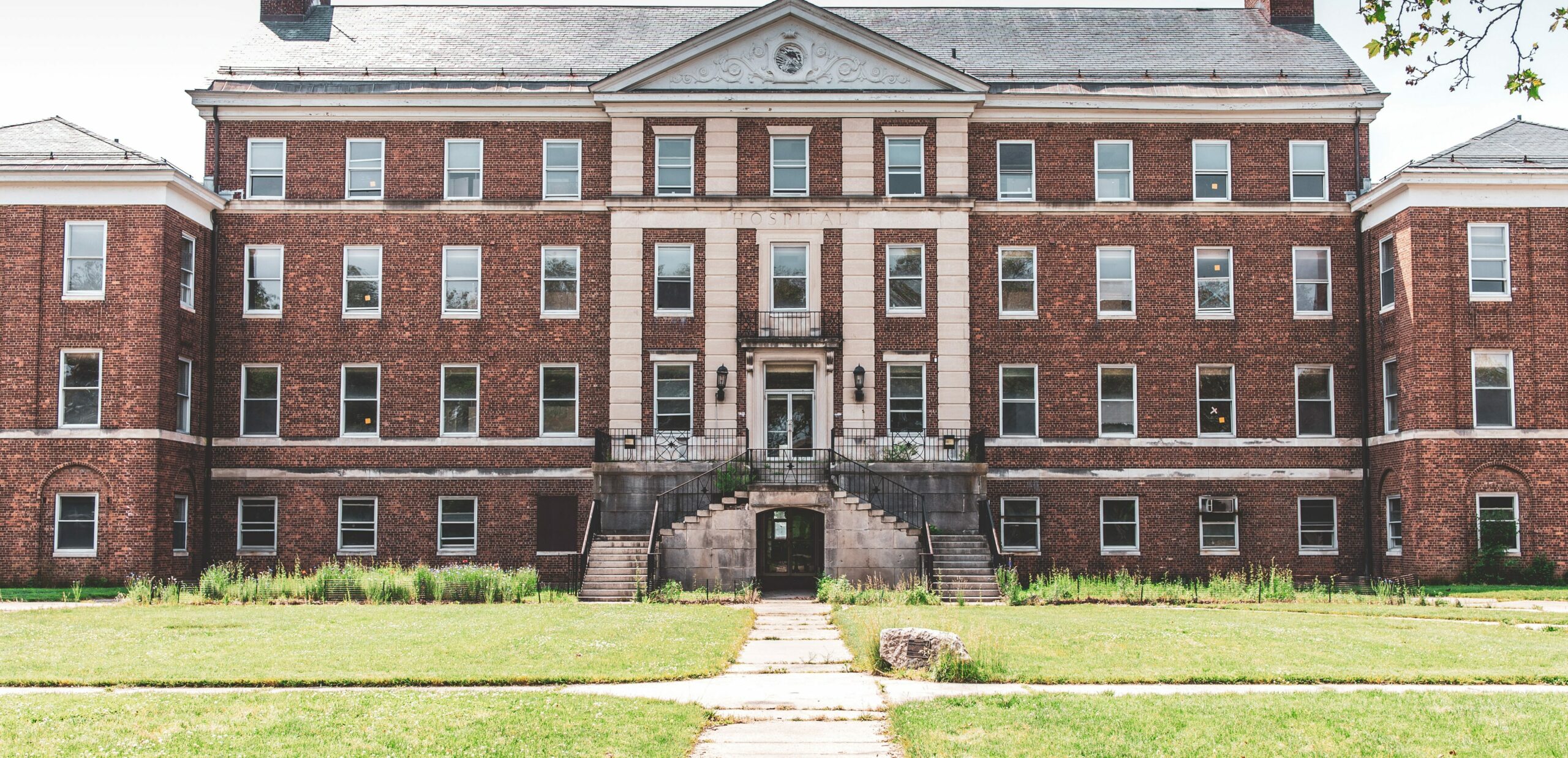While Virginia itself is not classified as an HBCU, it does have a number of HBCUs within its borders, such as Virginia State University, Norfolk State University, Hampton University, and Virginia Union University. These institutions were originally founded to provide educational opportunities for African American students during the time of segregation in the United States. Presently, these HBCUs remain open to students from all races and backgrounds, and offer diverse higher education opportunities.

Overview of Virginia
Virginia is a state situated in the southeastern region of the United States. It shares borders with Maryland to the north, West Virginia to the west, Tennessee to the south, Kentucky to the southwest, North Carolina to the south and east, and the Atlantic Ocean to the east. With a population of over 8 million people, it is the twelfth most populous state in the country. The state capital is Richmond, and other major cities include Virginia Beach, Norfolk, and Chesapeake. Virginia is renowned for its rich history, including its contribution to the American Revolution and Civil War, and its natural beauty, with landmarks such as the Blue Ridge Mountains and Chesapeake Bay. The state’s diverse economy, which includes sectors such as agriculture, manufacturing, and technology, is also recognized.
History of HBCU in Virginia
here are some bullet points summarizing the history of HBCUs in Virginia:
Hampton Institute, which was established in 1868, was the first HBCU in Virginia. Its primary objective was to offer education and vocational training to individuals who had been previously enslaved.
Virginia Union University was founded in 1865 and Virginia State University in 1882, becoming two of the earliest HBCUs in the state.
During the era of segregation in the United States, HBCUs in Virginia played a crucial role in granting African Americans access to educational opportunities. As a result, these institutions have created multiple generations of leaders in fields such as education, politics, and civil rights.
Virginia’s HBCUs are known for granting higher education opportunities to students from various backgrounds and are appreciated for their contributions to education, social justice, and civil rights.
Today, Virginia is home to several HBCUs, including Norfolk State University and Saint Paul’s College.
Importance of HBCUs in American education history
Some key points about the importance of Historically Black Colleges and Universities (HBCUs) in American education history:
HBCUs were established during a time of segregation and discriminatory practices when African American students were excluded from mainstream colleges and universities.
HBCUs provided African American students with access to higher education and opportunities to become leaders in their communities.
Many prominent figures, including civil rights activists, politicians, scientists, and business leaders, graduated from HBCUs.
HBCUs played a critical role in the civil rights movement, providing a platform for student activism and organizing.
HBCUs have a legacy of academic excellence, producing significant research and scholarship in various fields.
HBCUs promote diversity and inclusion, providing educational opportunities to students from diverse backgrounds.
Today, HBCUs continue to provide quality higher education opportunities to students, particularly those from underserved communities.
HBCUs are an essential part of American education history, with their impact felt in various fields and their graduates contributing significantly to the advancement of American society.
Virginia HBCU
Virginia has several HBCUs, such as Virginia State University, Norfolk State University, Hampton University, and Virginia Union University. These institutions were primarily founded to provide educational opportunities to African American students during the segregation era in the United States. Nowadays, they offer diverse higher education opportunities to students of all races and backgrounds. Virginia’s HBCUs are appreciated for their contributions to education, social justice, and civil rights and have produced multiple generations of leaders in various fields.
Development of new HBCUs in Virginia
Recent years have not seen the establishment of any new Historically Black Colleges and Universities (HBCUs) in Virginia. Nevertheless, the existing HBCUs in the state are being expanded and improved. Efforts to enhance the institutions include increasing funding, developing new academic programs, and improving campus infrastructure. In 2019, Governor Ralph Northam pledged a $25 million investment in Virginia’s HBCUs to improve the institutions and increase opportunities for students. Several HBCUs in Virginia have also partnered with other colleges and universities to offer joint programs and initiatives, which has expanded educational opportunities for students. Although there have been no new HBCUs established in Virginia recently, the state’s commitment to strengthening these institutions demonstrates their continued significance in providing higher education opportunities to underrepresented communities.
Conclusion
To sum up, Virginia’s HBCUs have a remarkable past and have played a vital role in education, social justice, and civil rights. These institutions were created to offer educational opportunities to African American students during segregation, and they have now developed to provide diverse higher education opportunities to students of all races and backgrounds.
Virginia’s HBCUs have produced generations of leaders in various fields and have played a crucial role in promoting diversity and inclusion in the state. These institutions have also contributed significantly to Virginia’s economy by providing employment opportunities and fostering entrepreneurship.
While Virginia continues to advance and develop, the HBCUs in the state are still a fundamental part of its cultural heritage. These institutions continue to provide excellent higher education opportunities to students, equipping them for successful careers and leadership positions. The legacy of Virginia’s HBCUs shows the strength and commitment of the African American community to obtain education and equal rights, and their influence will persist for generations to come.
